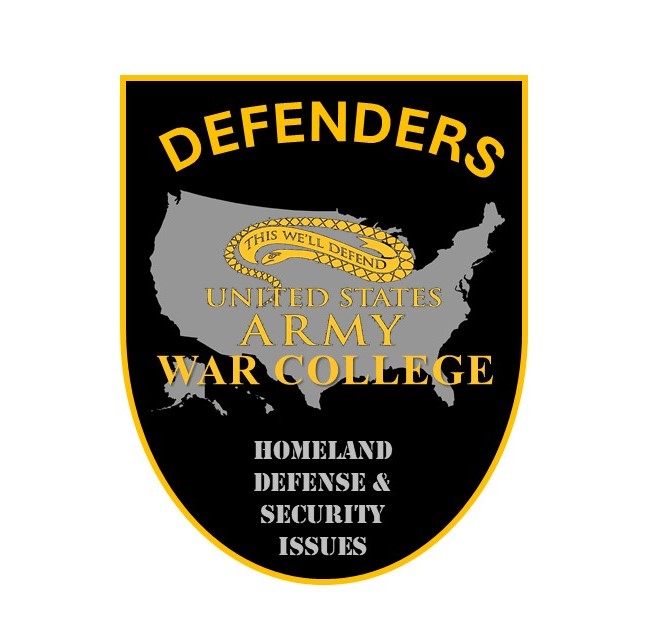Homeland Defense & Security Issues

Mission
To serve as the U.S. Army War college's primary outreach entity for facilitation, instruction, and research in cooperation with and support of the major stakeholders in homeland defense, homeland security, and civil support. In so doing, HDSI will provide the War College's curriculum and exercises with lessons and insights from the most current and emerging policies, strategies, and other initiatives in the domestic security environment.
Vision
To be the premier conduit for emerging information on homeland defense, homeland security, and civil support to the United States Army War College community. To be recognized as one of the nation's preeminent sources for understanding and developing strategic issues involved in civil-military interaction in the domestic environment.
Homeland Defense & Security Issues Group Directory
Homeland Defense & Security Issues Group Directory
Electives
View our electives
Request a Guest Speaker
The Homeland Defense & Security Issues Group has several subject matter experts (SMEs) that are available to speak on various topics related to homeland defense, homeland security, defense support of civilian authorities, and terrorism. Submit a formal request
Call for Papers
First published in 2012, In Support of the Common Defense was a publication of United States Army War College student papers on topics relevant to homeland security. Read more